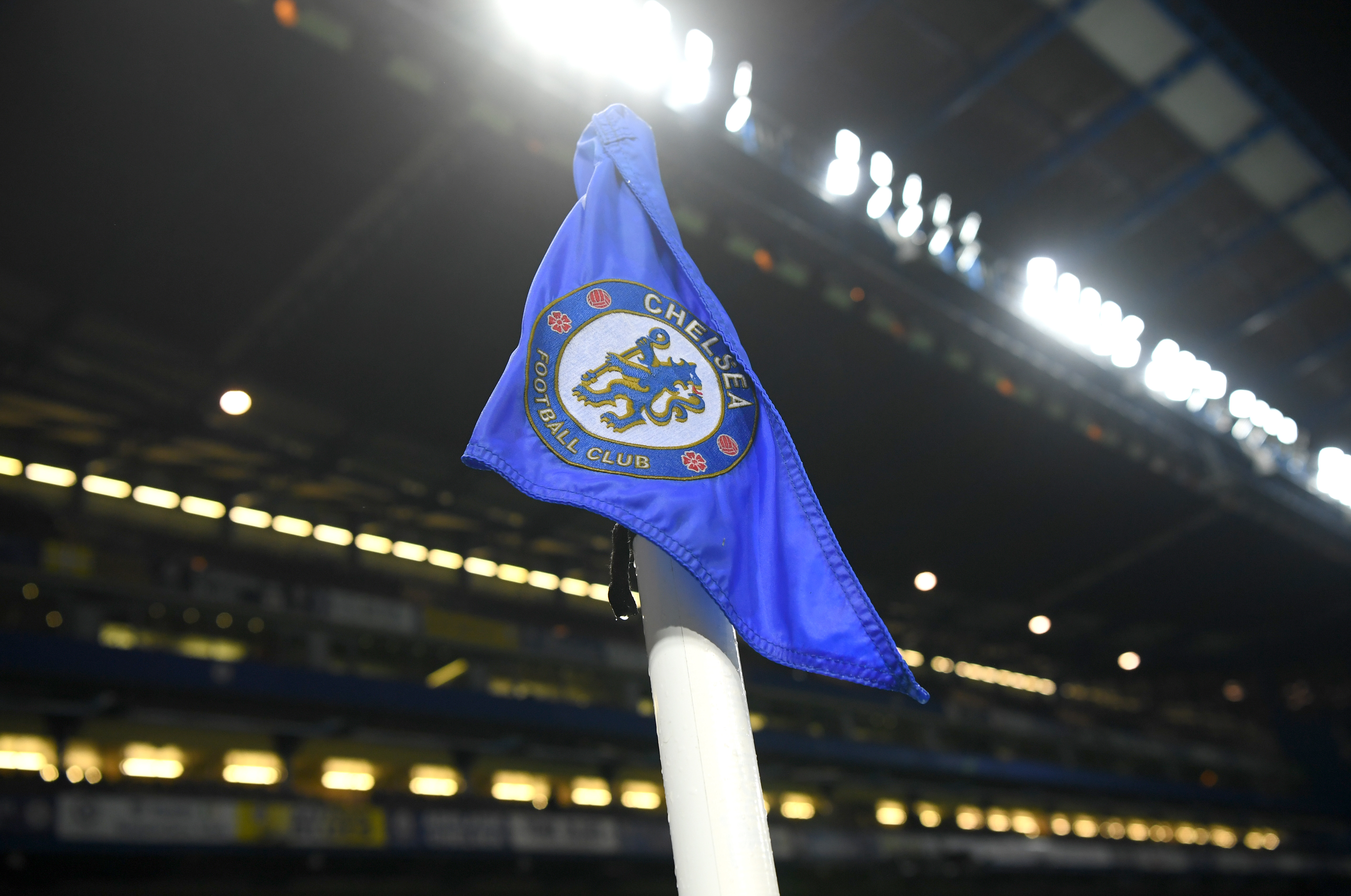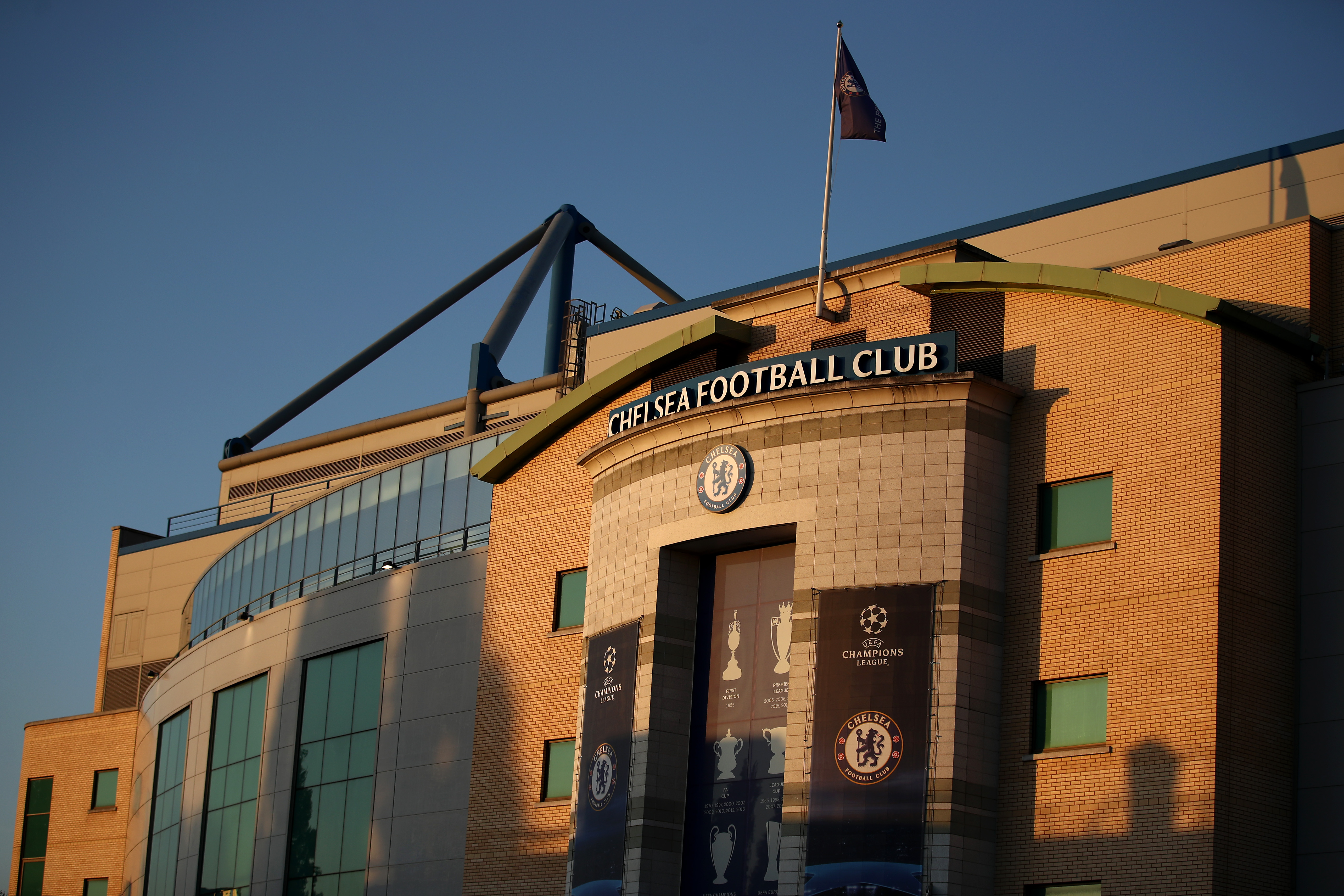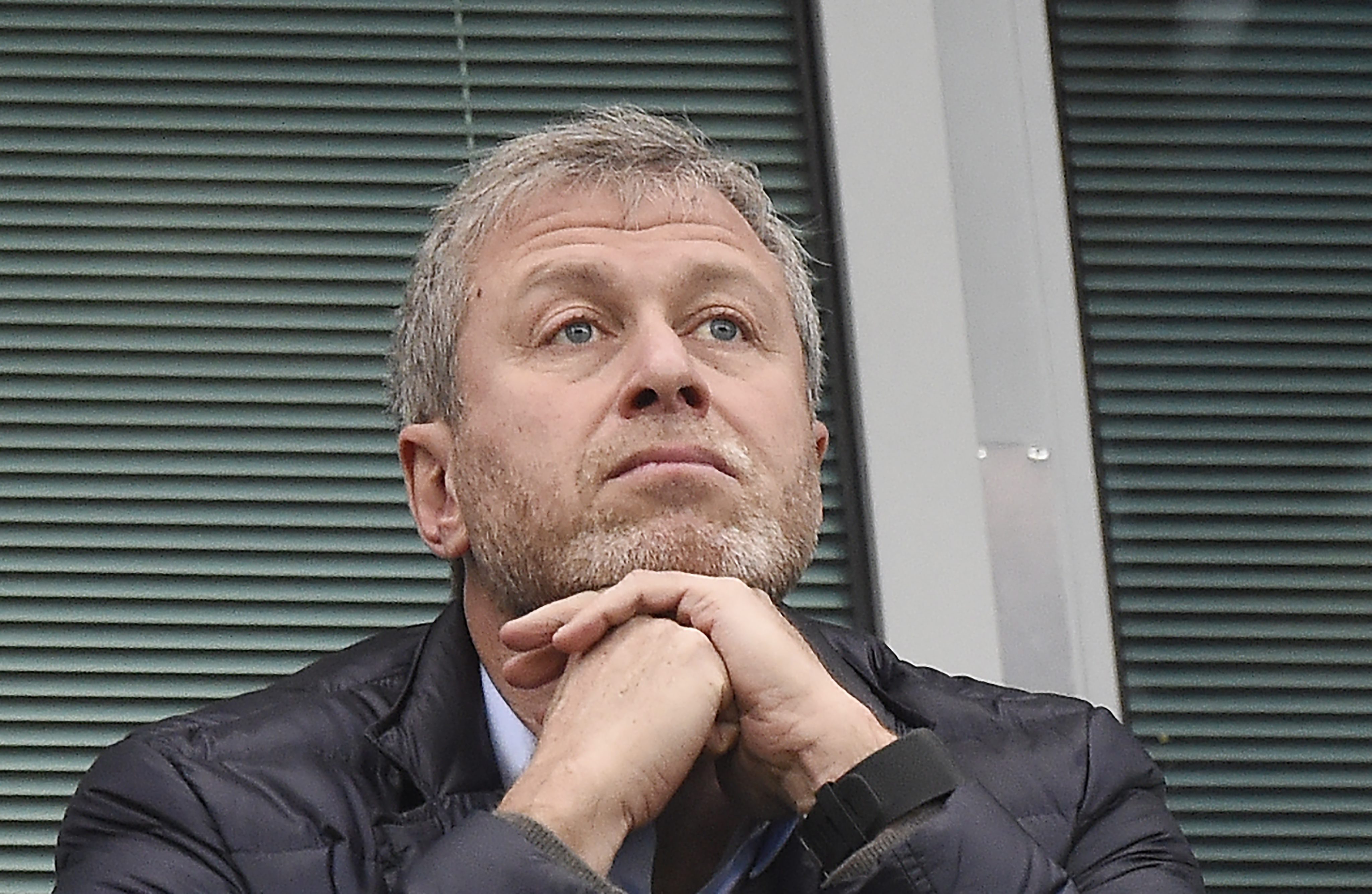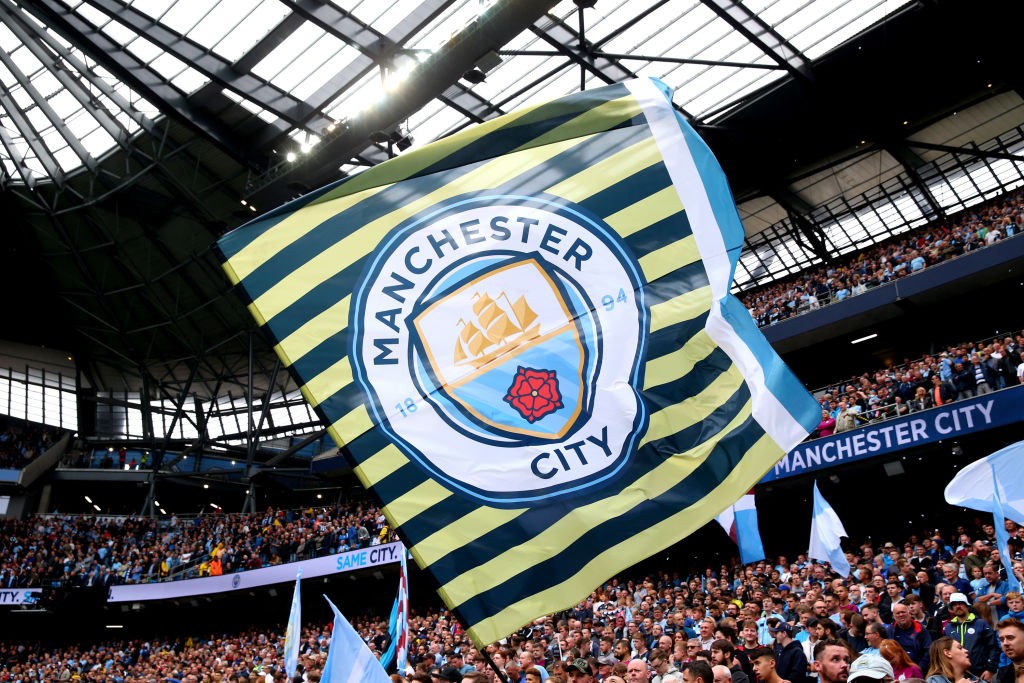Chelsea owner Roman Abramovich has been hit with sanctions by the UK Government, and The Hard Tackle takes a closer look at their implications on the club.
The past few weeks have been difficult for Chelsea and have brought about a lot of uncertainties with regard to the future of the club. Following Russia’s invasion of Ukraine, Chelsea owner Roman Abramovich came under scrutiny owing to his ties with Vladimir Putin. In fear of his assets being frozen, the oligarch relinquished control of the club to the trustees of the Chelsea FC Foundation.
Days later, it emerged that Abramovich, who has a net worth of around £9.5 billion, had put Chelsea up for sale and was looking for bids in the region of £4 million. Several parties were interested in a takeover and offers had just started to arrive when the Russian tycoon was dealt a huge blow.
The UK Government decided to impose sanctions on Abramovich due to his ties with Putin, which had earned him preferential treatment, financial benefits, tax breaks for his companies. The document detailing the sanctions on the 58-year-old also cited his association with fellow Russian businessmen Igor Shuvelov and Alisher Usmanov, both of whom had been sanctioned on March 3.
Abramovich is also a major shareholder in Evraz PLC, a steel manufacturing and mining company that have been involved in supplying steel to the Russian military, which may have been used in the production of tanks. And the UK Government accused him of “destabilising Ukraine and undermining and threatening the territorial integrity, sovereignty and independence of Ukraine via Evraz”.
In light of the sanctions, Chelsea FC issued an official statement on the situation, which read:
“Chelsea Football Club has been advised that its owner Roman Abramovich has been sanctioned by the UK Government. By virtue of his 100 per cent ownership of Chelsea FC plc and affiliated entities, Chelsea FC would normally be subject to the same sanctions regime as Mr Abramovich. However, the UK Government has issued a general licence that permits Chelsea FC to continue certain activities.”
What do the sanctions mean for Abramovich and Chelsea

Roman Abramovich being hit sanctions by the UK Government means that all his assets in the country have been frozen. The oligarch has property worth around £200 million in London, including a mansion at Kensington Palace Gardens, which he was trying to sell and a penthouse at Chelsea Waterfront.
Chelsea Football Club is also a part of Abramovich’s assets and will fall under the sanctions. However, the Government has issued the club a special licence to continue its operation as it sees the club as a cultural asset. Under the licence granted, Chelsea can continue their operations in a limited capacity. The club is denied any revenue beyond what is needed for functioning on a day-to-day basis.
“The licence will allow the club to run a number of football-related activities meaning its fixtures to be fulfilled, its staff and the running costs of its ground can be paid, and so existing ticket holders for Chelsea games can attend matches,” a statement from the UK Government read.
“The licence is a safety net to protect the sport, the Premier League, the wider football pyramid down to the grassroots game, loyal fans and other clubs. It will deprive Mr Abramovich of benefiting from his ownership of the club and mean he cannot circumvent UK sanctions.”
Implications of the sanction on Chelsea Football Club
As iterated earlier, Chelsea can continue to operate in a limited capacity under the special licence issued by the Government. But what are the Blues entitled to under the licence – Can Abramovich still sell the club? Can Chelsea continue paying player wages? What about merchandise sales? Will the club be allowed to renew contracts? What are the implications of the sanctions on the transfer plans? We take a closer look.
Can Chelsea still be sold?

NO. Following the sanctions, Roman Abramovich cannot sell Chelsea as things stand. However, the Government can permit the sale under special circumstances if the club were to demonstrate that the proceeds from the transaction would not go to the Russian oligarch or benefit him in any way.
It has also been suggested that since the club is considered as a frozen asset, any revenue brought in from the sale, which could go up to as much as £2.4 billion, would be frozen as well. In essence, those funds would be held in a dormant account until the sanctions expire.
Abramovich had previously insisted that the proceeds would be donated in support of the people in Ukraine. But following these developments, it begs the question if he will still consider selling.
Would the club go into Administration?
In light of the sanctions and a sale being made difficult, Football financing expert Ed Thompson suggested that there was a possibility Chelsea could go into Administration as Chelsea FC are under a £1.5 billion debt from Abramovich, which he intended to write off but cannot do so due to the assets being frozen.
With such a massive debt hanging over the club, Thompson speculated that buyers would be reluctant, leading to the chances of the club being forced into Administration. However, Ben Rumsby of Daily Telegraph was quick to suggest that such a scenario would not be materialising as long as a sale goes through.
Transfers and Contracts
Due to the sanctions, Chelsea cannot be involved in any transfer activity, which was made clear by the statement from the Government, which read:
“Under the current licence the transfer or loan of players in and out of the club is not permitted. This applies to all of Chelsea’s teams.”
It effectively means that Chelsea are under a transfer embargo and, as things stand, will not be able to do conduct any business in the summer transfer window. However, the west London club can still receive money from other clubs for loan deals/player sales that have already been agreed upon.
As per the terms of the licence, Chelsea will also be unable to hand out new contracts to players. This is set to come as a huge blow for the club as three of their top stars in Andreas Christensen, Cesar Azpilicueta, and Antonio Rudiger, are out of contract in the summer and now look set to leave on free transfers.
Chelsea contracts situation. Andreas Christensen has decided to join Barça. Rüdiger has been approached by three clubs and he will decide soon. Azpilicueta has Barça proposal on the table [until 2024]. ? #CFC
Jorginho was waiting for an answer – his deal runs out in 2023. pic.twitter.com/nwD6fd4lZa
— Fabrizio Romano (@FabrizioRomano) March 10, 2022
Ticket sales and Matchday implications
From now on, Chelsea cannot sell tickets for matches home or away matches anymore. Only season ticket holders and fans who have already purchased tickets before March 10 will be allowed to attend matches going forward. The Blues have around 28,000 season ticket holders who can continue to attend games.
Fans in attendance will be able to enjoy catering services at Stamford Bridge, but the proceeds cannot go to Abramovich. As for the Blues’ away trips, there could be a provision made for opposition clubs to sell tickets to the Chelsea fans directly.
Fans of away teams playing at Stamford Bridge are yet to get a clarification on the matter, with Premier League working towards finding a solution. The Sun reports that Chelsea could decide to “give away their away fan allocation to their opponents for FREE.” Proceeds from those ticket sales would directly go to the Premier League, who in turn could donate it to Ukraine-based humanitarian relief.
Chelsea can spend up to £500,000 per fixture per team that they host at Stamford Bridge to cover the costs of security, catering, stewarding and any other necessary expenses.
As for the away games, a maximum expense of £20,000 has been granted for travel to and from stadiums, which could raise serious logistics issues, especially for games in the Champions League – Chelsea are set to travel to Lille next Wednesday for their Round of 16 tie.
Hugo Scheckter, the founder and managing director of Player Care Group, shed some light on the expenses involved for a typical away Premier League clash, stating that flight, hotel, food and security etc., cost up to about £30,000. So, how Chelsea manage with a lesser budget will be a major issue. There could be a significant drop in standards of hotels and modes of transport, or players might have to pay out of their own pockets.
The Times’ chief sports writer, Martyn Ziegler, has issued an update on this subject, stating that the Government will allow some relaxation on the £20,000 travel cost limit for European matches away from home.
Merchandise sales
Chelsea's club store is closed for business ❌
(h/t @tariqpanja) pic.twitter.com/IOhwXoPDtU
— ESPN UK (@ESPNUK) March 10, 2022
Chelsea will not be permitted to sell any shirts or merchandise moving forward. Both the physical and online stores will not be allowed to operate. Indeed, the club shop has already been shut down, as reported by Tariq Panja, and it is unlikely to open until a new owner is in place. However, third party sales will be allowed to continue until the existing stocks are cleared.
Chelsea’s main shirt sponsors, Mobile network Three, have asked the club to temporarily suspend their partnership, which is another major blow for them.
“In light of the Government’s recently announced sanctions, we have requested Chelsea Football Club temporarily suspend our sponsorship of the club, including the removal of our brand from shirts and around the stadium until further notice,” Three said in a statement.
“We recognise that this decision will impact the many Chelsea fans who follow their team passionately. However, we feel that given the circumstances, and the Government sanction that is in place, it is the right thing to do.”
As reported by Sami Mokbel of the Daily Mail, Hyundai, another of Chelsea’s sponsors are considering their partnership with the club. “Hyundai has become one of the strongest partners in football over the years and the company supports the sport to be a force for good. We are currently assessing the situation with Chelsea,” a statement from Hyundai read.
Financial Transactions
Chelsea will be allowed to continue to make wage payments, allowances and pensions to their players, coaching staff and other employees. There is also a provision for the club to keep paying allowances/fees to directors as per agreements that pre-date the sanction.
The club can also continue making payments required for the running of operations, such as council tax, maintenance costs, insurance, among others. However, no investment can be made towards any refurbishment or starting new work on any club-owned sites, including Stamford Bridge.
Chelsea can continue to receive broadcast payments and merit/performance fees. But, that revenue will also likely be put into a frozen account or could be used to pay the players and the club staff and bear other costs, as long as the funds do not reach the owner, Abramovich.
In addition to all these measures, Chelsea are required to keep financial records of any activity with a value of more than £5,000 allowed under the licence for a minimum of six years.
What next for Chelsea?
The special licence issued will expire on May 31. The Treasury holds the right to suspend or make changes to it as deemed fit. Chelsea plan to have discussions with the Government to discuss possible amendments to the licence to ensure normal and smooth running of the day-to-day operations at the club.
“We intend to engage in discussions with the UK Government regarding the scope of the licence. This will include seeking permission for the licence to be amended in order to allow the club to operate as normal as possible.”
On a day when Chelsea are celebrating the 117th anniversary of the club being formed, they find themselves mired in huge uncertainty over the future direction. The sanctions are bound to have major implications on the finances of the club. Pat Nevin (h/t Jason Gibbins) has revealed that some Chelsea staff are already ‘partially laid off’. The repercussions of a ban on transfers and contract negotiations could hurt the team in the short and the long term.
In this situation, the best-case scenario for Chelsea would be that they find a buyer at the earliest and negotiate a sale while ensuring that none of the proceeds of a takeover goes into Abramovich’s pockets. Continuing this way under the licence, the club will incur huge losses and could find themselves trudging towards the possibility of entering Administration.





